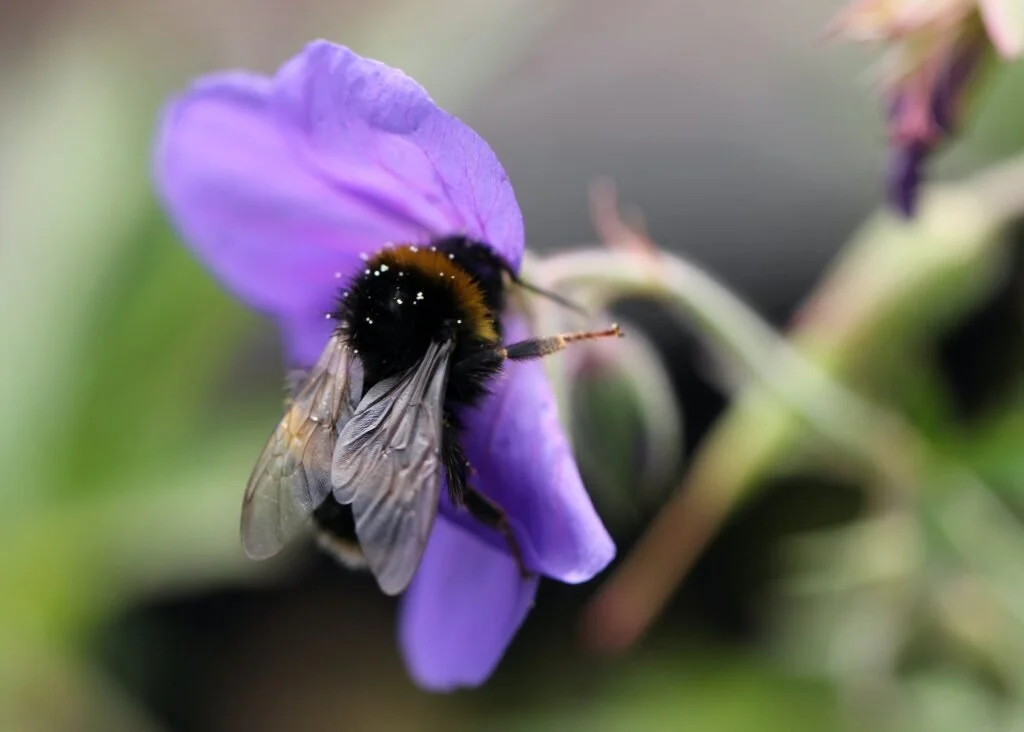The German President and delegation members also spoke with researchers working on challenges relating to clean energy, digital manufacturing, quantum materials and smart energy storage. Some of the highlighted projects include: A research group led by Dr. David Wilkinson, Canada Research Chair in clean energy and electrochemical technologies, is developing advanced electrochemical methods to produce clean energy and clean water with minimal carbon emissions
UBC research seeks treatment solution to ‘forever chemicals’ from water
UBC researchers have developed a treatment to remove hazardous ‘forever chemicals’ from our environment. Professor Madjid Mohseni has been at the forefront of the research effort, working with his colleagues in Quebec where polyfluoroalkyl substances, known as PFAS, have been detected in that province’s water sources. “In B.C. unfortunately, the data is lacking so we hope to start gathering that information to determine how widespread the problem is…we are at stage now to take what we have developed from the lab testing and test it out in field studies,” Mohseni said.
New UBC water treatment zaps ‘forever chemicals’ for good
Engineers at the University of British Columbia have developed a new water treatment that removes “forever chemicals” from drinking water safely, efficiently – and for good. “Think Brita filter, but a thousand times better,” says UBC chemical and biological engineering professor Dr. Madjid Mohseni, who developed the technology. Forever chemicals, formally known as PFAS (per-and polyfluoroalkyl substances) are a large group of substances that make certain products non-stick or stain-resistant. There are more than 4,700 PFAS in use, mostly in raingear, non-stick cookware, stain repellents and firefighting foam. Research links these chemicals to a wide range of health problems including hormonal disruption, cardiovascular disease, developmental delays and cancer.
So-called ‘safe’ pesticides have surprising ill effects
Health Canada is currently reviewing regulations for pesticides in Canada, and three UBC researchers say regulators might want to consider what happened in Japan. A lake in Shimane Prefecture has seen its commercial fishery collapse by more than 90 per cent since 1993, when insecticides known as neonicotinoids were first introduced to the area. It just so happens that zooplankton—the tiny creatures in the water that fish feed on—declined by 83 per cent during the same period.
Is road salt killing salmon in B.C. streams? UBC researchers trying to find out
University of B.C. researchers are embarking on a five-year study to find out whether road salt is contributing to salmon mortality in B.C. streams. The team, led by Patricia Schulte, Chris Wood and Colin Brauner, also involves dozens of volunteer stream-keepers at 30 streams or creeks. Schulte, a professor in the Department of Zoology at UBC, said as the ice melts on the roads, it runs down into freshwater streams or can seep into the groundwater. Researchers know the salt can harm baby salmon or trout but what they don’t know yet is how much of the salt is winding up in the water.
The Lhoosk’uz Dené village near Quesnel celebrates clean drinking water
The Lhoosk’uz Dené village, located 200 kilometres west of Quesnel on Kluskus Lake, now has clean drinking water — for the first time in 20 years. The remote village of about 50 people has relied on bottled water to supply their household and everyday needs. “We’re so off-grid that many people don’t even know where we are. Even the nearest hospital is three hours away,” says Chief Liliane Squinas in a July 13 statement from the University of British Columbia (UBC). In 2008, the community received its first road access — a single logging road. “The community had no road access prior,” says Madjid Mohseni, a UBC professorin chemical and biological engineering.
UBC researchers develop inexpensive tool to test drinking water
A handheld ‘tricorder’ that can test for biological contamination in real-time has been the dream of science fiction fans for decades. And UBC Okanagan engineers say the technology is closer to science fact than ever before. Using a small and inexpensive biosensor, researchers in the School of Engineering have developed a novel low-cost technique that quickly and accurately detects cryptosporidium contamination in water samples.








